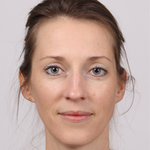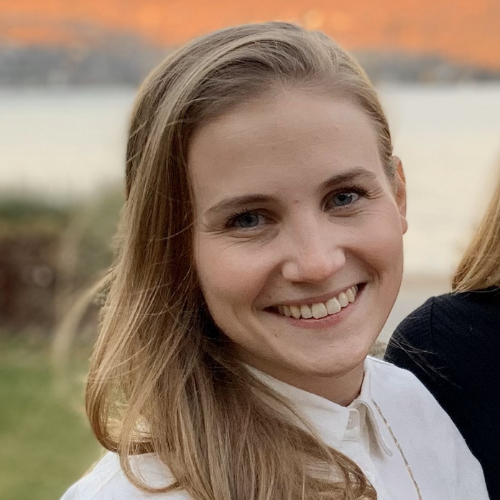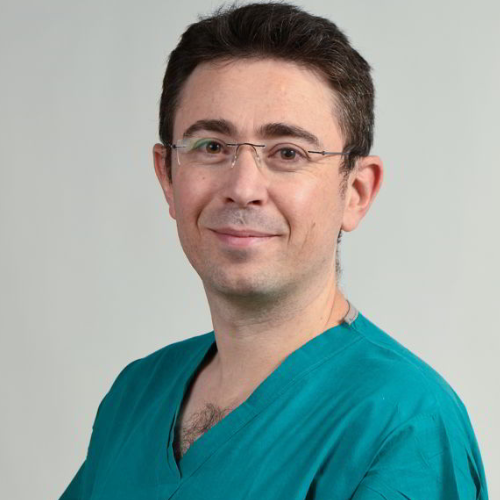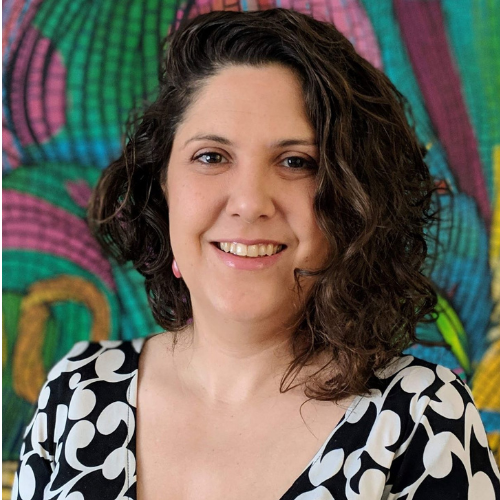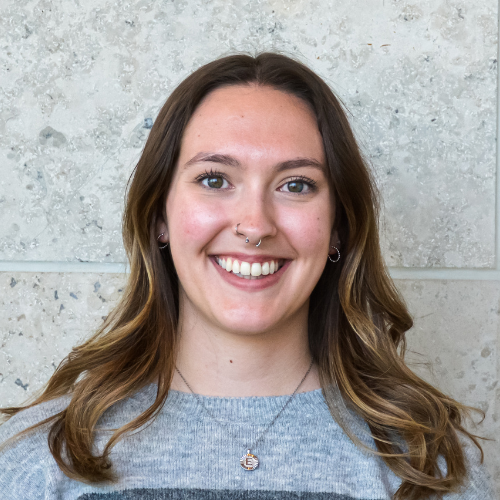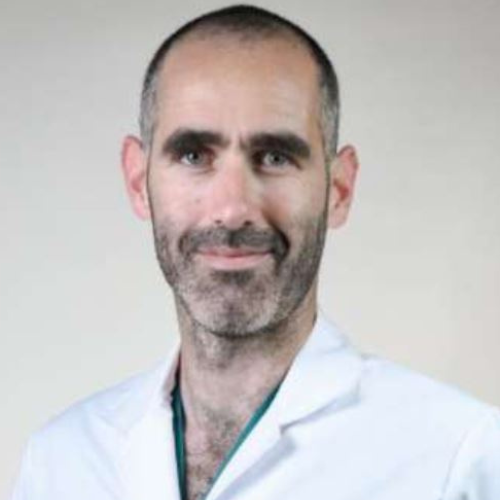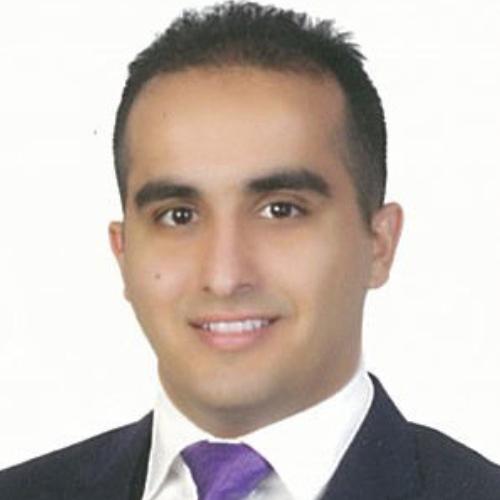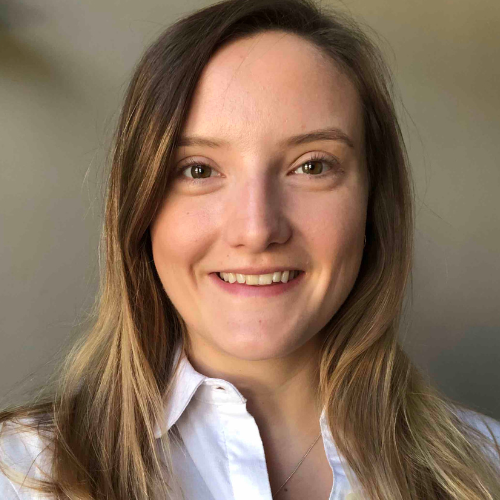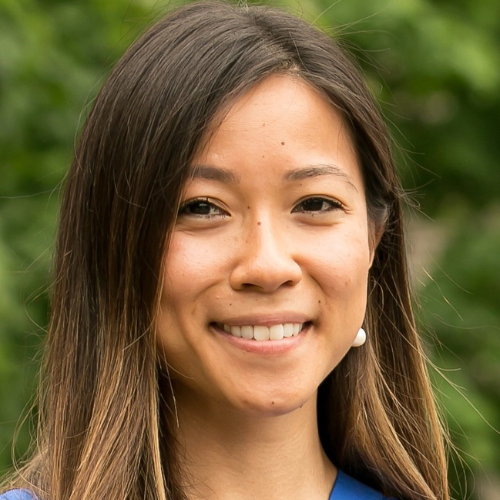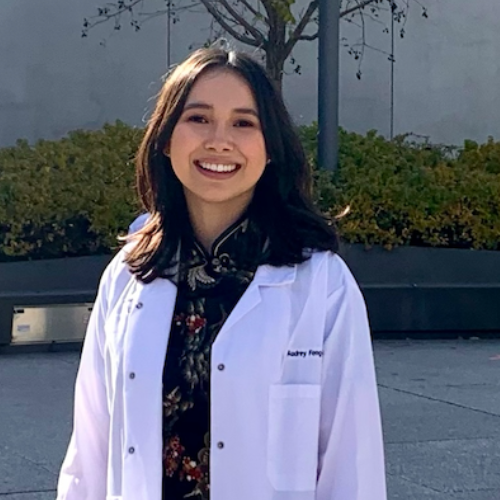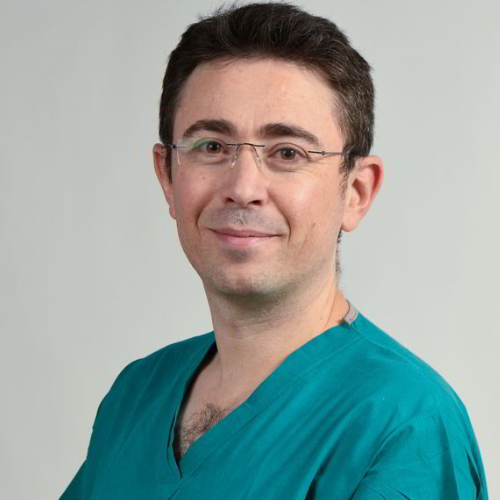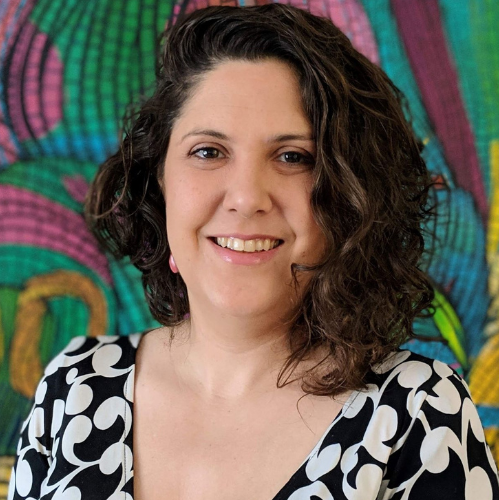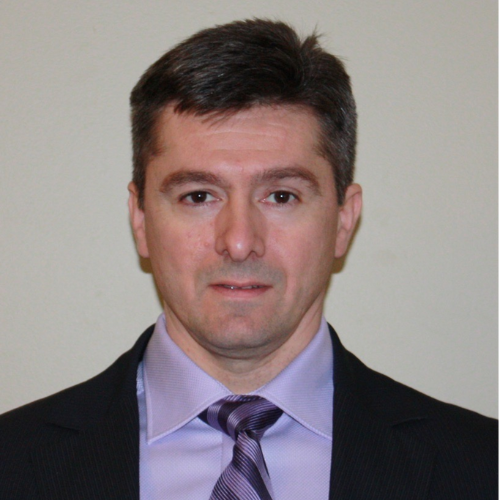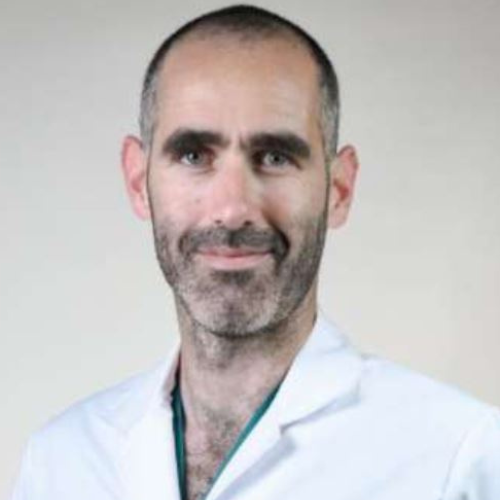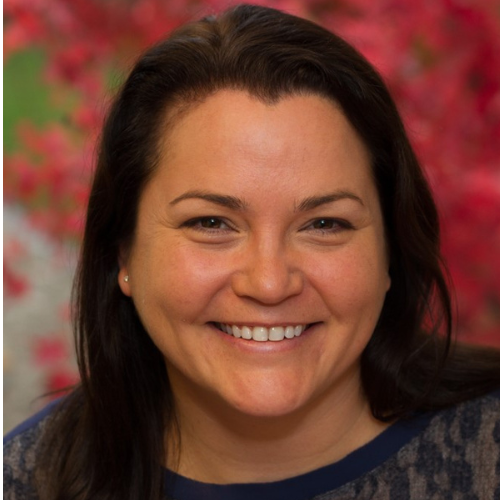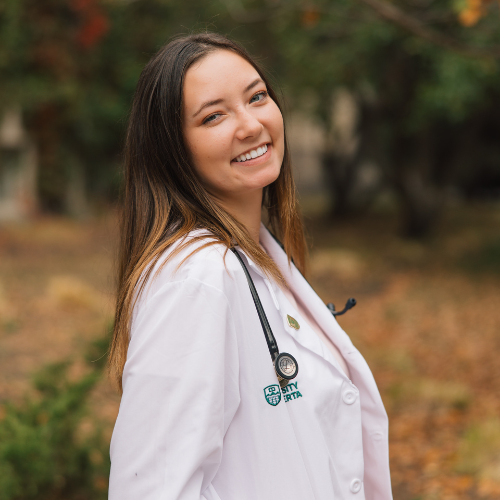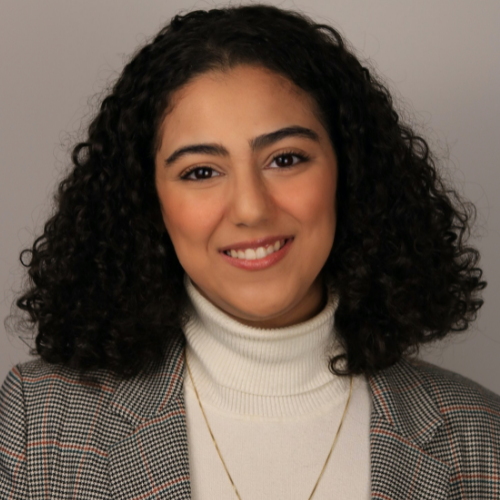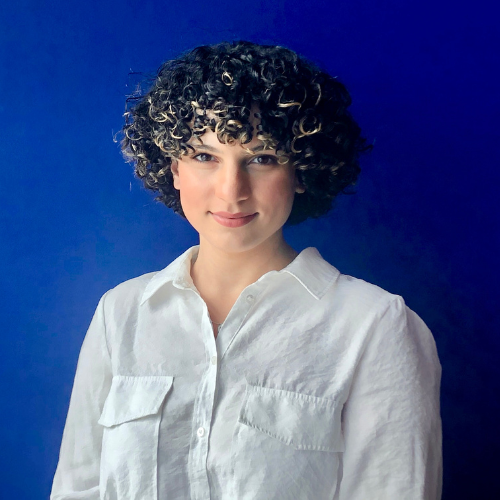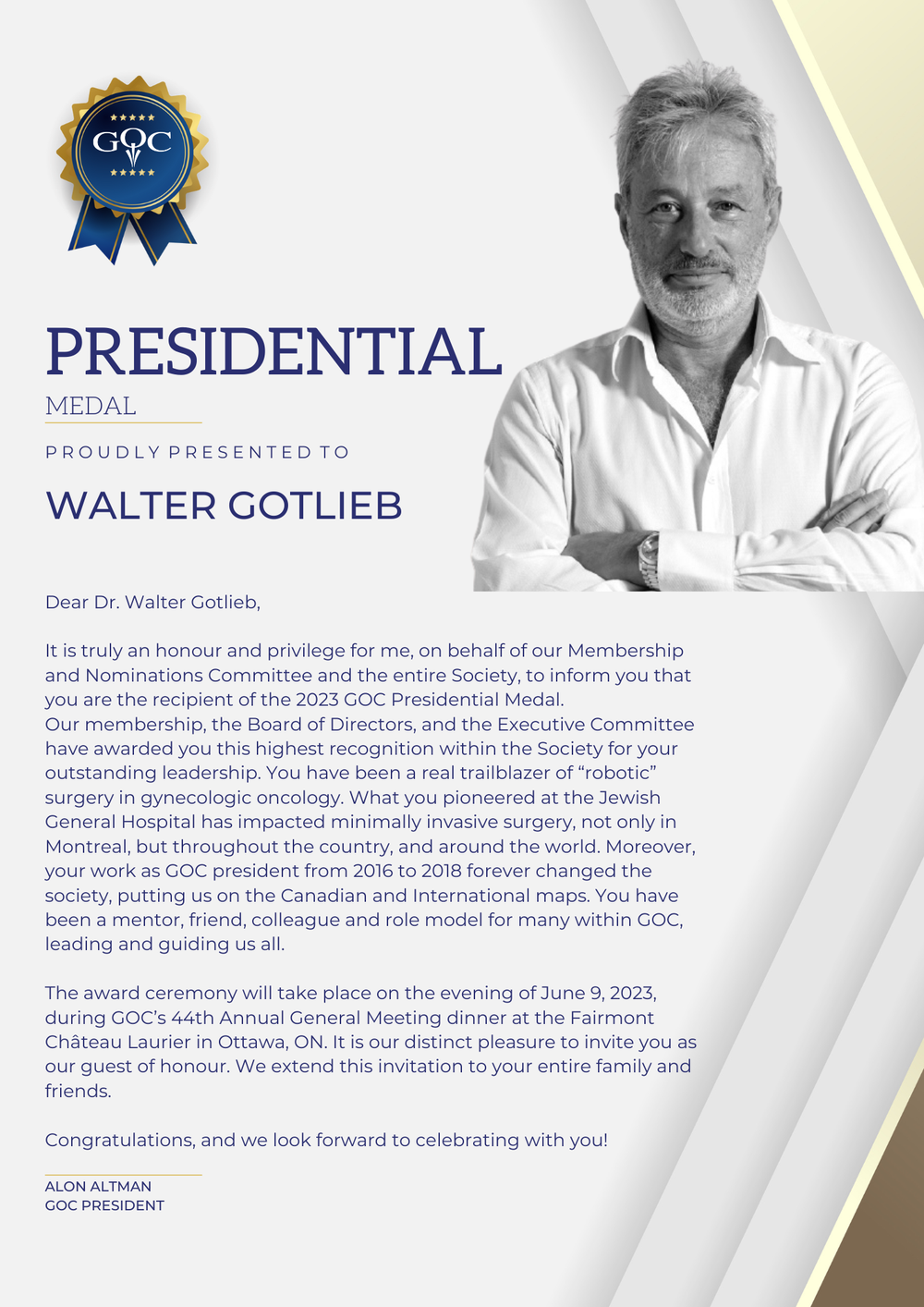Welcome message
Click here to access the abstract book.
Dear GOC colleagues and partners,
We are finally back in person!
It is our great pleasure to invite you to join us at the 40+ Annual General Meeting (AGM 2023), which will take place from June 6, 8-10, 2023 in Ottawa, Ontario.
As Canada's capital, Ottawa is the perfect place to experience some of the country's best attractions, celebrations, and flavours in one welcoming city. With its unique blend of urban and rural beauty, year-round outdoor activities, and vibrant neighbourhoods, the Ottawa region is best explored over three days or more. Learn more about this beautiful city and how you can explore it during your time with us in June.
We will take you on a learning journey as AGM 2023 is planned to build on the knowledge that will be shared during CPD 2023 on April 27-28, 2023, in Toronto, ON. We will go from theory to action to the future of gynecologic oncology. From attendees to speakers to sponsors, we hope to attract a great number of participants from across Canada, from various disciplines and with the eagerness to share the latest advancements in research and practice in the field of gynecologic oncology.
As a standing meeting, AGM 2023 is an engaging professional development event that will offer access to local, national, and world-renowned speakers. The AGM Program Planning Committee meticulously designed a captivating program which will feature plenary talks, abstract presentations, a tumor board, debate and so much more. Additionally, select experts will lead various knowledge-sharing opportunities such as the Joint SCC-GOC Colposcopy Workshop outlining the latest on the management of HPV and colposcopy.
The long-overdue celebration for our 40th anniversary will take place during the gala. The pandemic did not permit us to have a full celebration in 2020; we now can put on our dancing shoes and to also reflect on the great work GOC has done over the past 40+ years with the help of all its members, partners, and sponsors. We will celebrate Dr. Walter Gotlieb as the presidential medal recipient and all those who contributed to the good functioning of the Society in 2020, 2021, and 2022. We will say good-bye to Carine Trazo, our current Managing Director whose efforts in transforming the Society cannot be understated but we also welcome Cidalia Hodnett Sluce, the new National Manager who will continue to build on the foundation that has been established over the past few years.
We are excited for you, for GOC and for the future of gynecologic oncology in Canada as we strive to improve the care of women with or at risk of gynecologic cancer by raising standards of practice, encouraging ongoing research, promoting innovation in prevention, care, and discovery, and advancing awareness.
Join us at AGM 2023 in Ottawa, where the future of our discipline awaits us!
We are looking forward to seeing you in person again!
Sincerely,
Alon Altman, MD
President, GOC
Tomer Feigenberg, MD
Chair, AGM Program Planning Committee


















